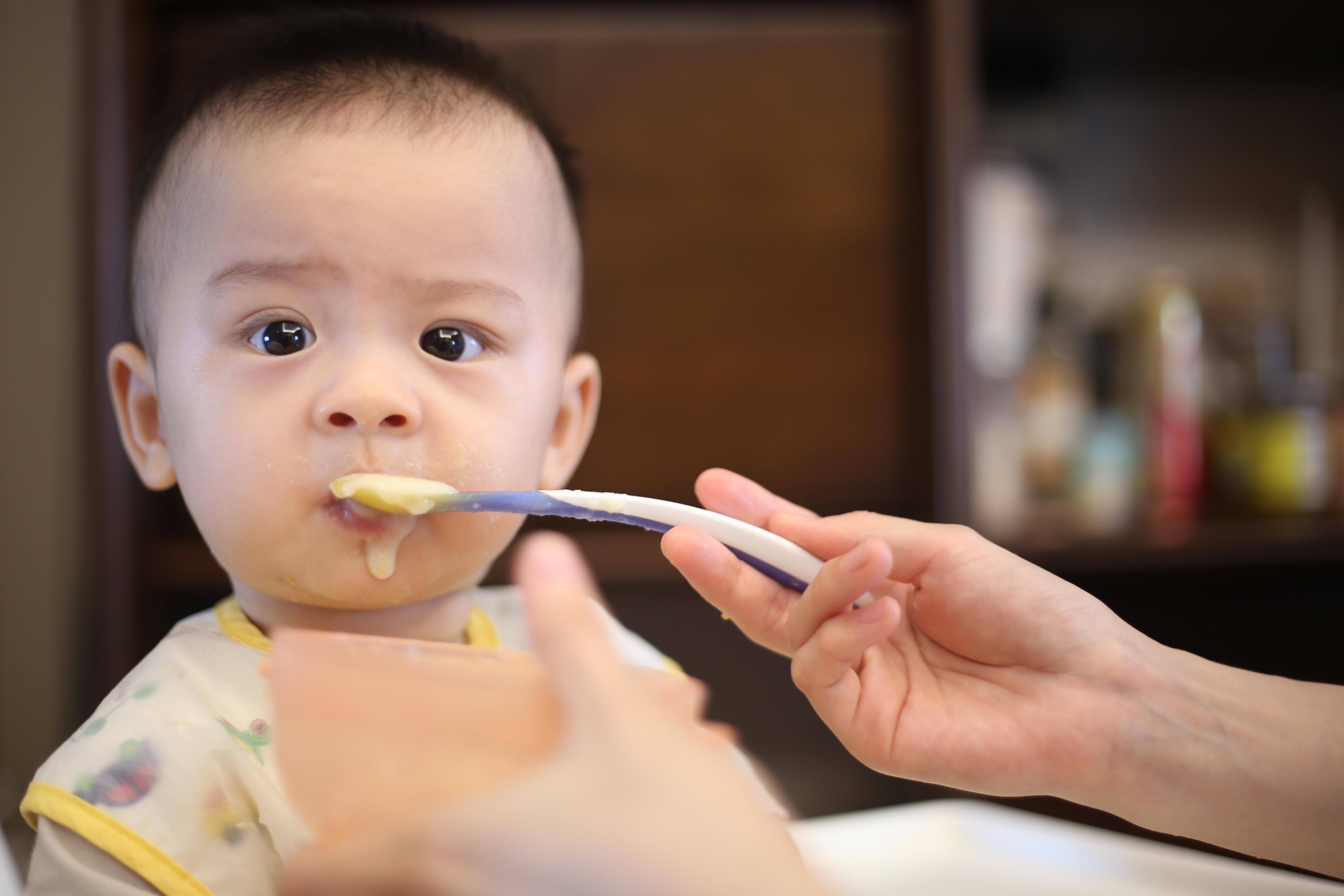ESR5: Sweet taste perception in young children

Project description ESR5 – Carina Mueller
Objectives:
- To review strategies to modify sweet taste perception and hedonic evaluation (and intake) in young children
- To assess the role of parental restriction rules on liking, preferences and intake of sugary foods and beverages in children
- To assess the role of sweet taste exposure on food acceptance (liking) and sweet food intake patterns in young children
Expected results:
This project will enable to better understand:
1) strategies to modify sweet taste preferences and intake in infants and children;
2) the role of parental restrictions on liking, preferences and intake of sugary foods and beverages in children, and
3) the effect of sweetness on the regulation of food intake after repeated exposure.
The results will be published in three papers in peer-reviewed journals, and via dissemination through public platforms and social media.
Planned secondments:
(1) Four months applied secondment in a local applied research institute (WUR-FBR), aimed at the development of foods that lead to a lower risk of overeating, through the manipulation of texture
(2) Two months academic research project through a secondment with INRA (Dijon), directed to the exploration of the effects of different salt and sugar levels on taste reactivity
This project started in 2020, whereas the rest of early stage researchers started Autumn 2018
Blogposts by ESR5
Starting a new position during a pandemic
ESR5, infants, parental restrictions, sweet taste perception, sweet taste preference, sweetness regulation, young children


